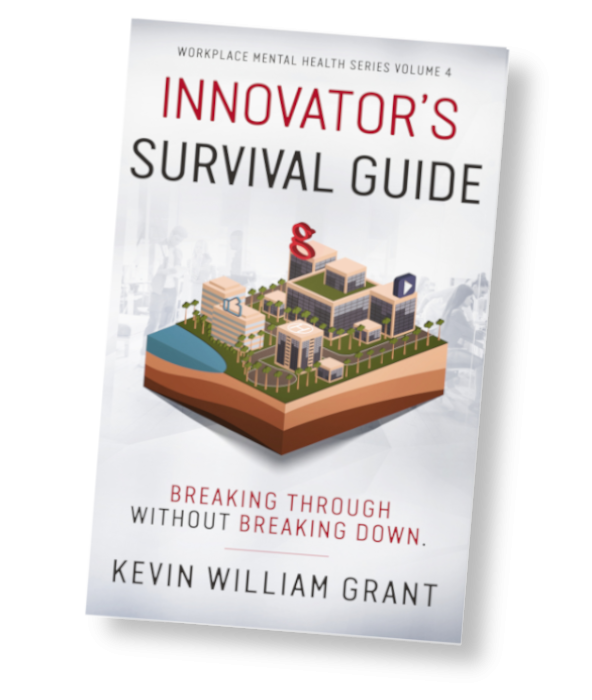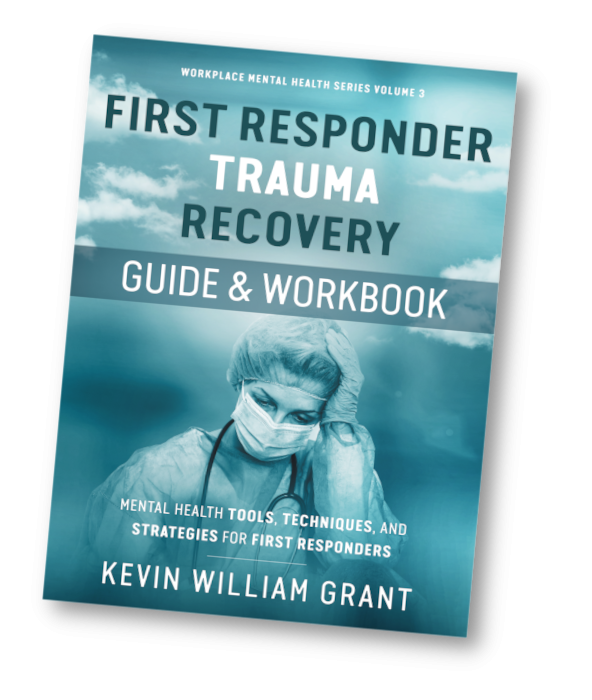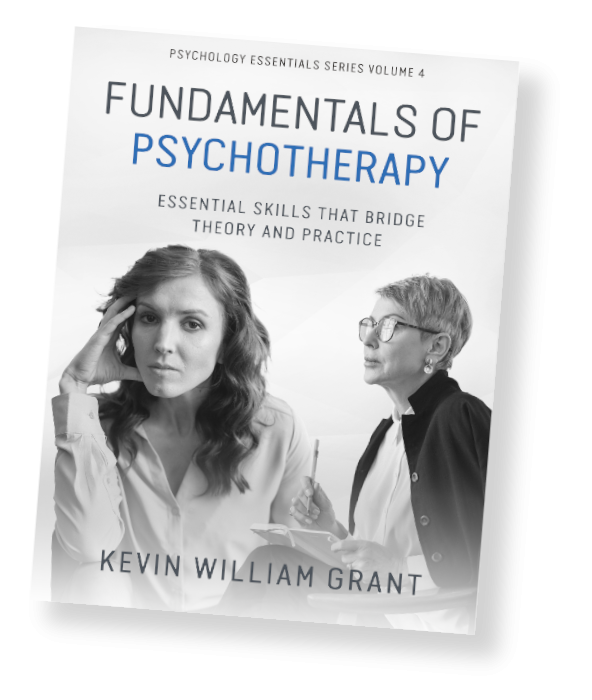
Psychotherapy
What Is Psychotherapy?
Psychotherapy is a structured, evidence-informed process that helps individuals navigate emotional challenges, psychological symptoms, and life transitions. It supports insight, healing, and long-term growth by addressing underlying patterns and building resilience.
Psychotherapy is often sought to address conditions such as anxiety, depression, trauma, emotional dysregulation, relationship struggles, grief, burnout, and identity development. It can also be an integral part of recovery from chronic stress, adverse life events, or neurodivergent experiences.
The Process
Psychotherapy is offered in a one-on-one format and typically involves weekly 50–60 minute sessions. The process is collaborative, respectful, and goal-oriented—rooted in a therapeutic relationship based on trust, empathy, and clinical skill.
Initial sessions focus on assessment, goal setting, and developing a personalized plan of care. Sessions may be short-term and solution-focused or long-term and exploratory, depending on your needs and aspirations.
Confidentiality is a foundational principle of psychotherapy. You are invited to share your experience in a safe, supportive space where your story will be met with care, professionalism, and respect.
How Psychotherapy Can Help
Psychotherapy can help you better understand your emotional landscape, shift unhelpful patterns, and build healthier ways of thinking, feeling, and relating. It can support symptom relief, identity development, and more intentional life choices.
Therapy may be integrated with psychological assessment services or psychiatric care, depending on your goals and clinical presentation. Together, we develop a strategy that reflects both your personal values and the psychological science guiding effective treatment.
Core Therapeutic Approaches
I draw from a range of therapeutic modalities to tailor care to your individual needs:
- Psychodynamic Therapy: Exploring unconscious processes and early life experiences that shape current patterns.
- Emotion-Focused Therapy: Helping you access and process core emotions to support self-awareness and change.
- Trauma-Informed Care: Providing safety and empowerment while addressing the impact of past trauma or adversity.
- Cognitive-Behavioural Therapy (CBT): Identifying and shifting unhelpful thought patterns and behaviors.
- Solution-Focused Therapy: Highlighting your strengths and resources to create actionable change.
- Narrative Therapy: Rewriting the stories you carry about yourself, relationships, and identity.
- Strength-Based Therapy: Building on your existing skills and values to foster growth and self-confidence.
Psychological Services & Assessment
What Are Psychological Assessments?
Psychological assessments are comprehensive evaluations that help clarify diagnoses, understand patterns of functioning, and guide treatment or accommodation planning. Assessments are particularly useful when symptoms are complex, overlapping, or not fully understood through therapy alone.
I offer psychological assessments under supervised practice for adults seeking clarity around their mental health and cognitive-emotional functioning. Each assessment includes a structured process: clinical interviews, standardized testing, formal reporting, and a feedback session to discuss results and recommendations.
Conditions Commonly Assessed
- Attention-Deficit/Hyperactivity Disorder (ADHD)
- Autism Spectrum Disorder (Adult)
- Mood Disorders (e.g., Depression, Bipolar I/II)
- Anxiety Disorders (e.g., GAD, Panic, Social Anxiety, Phobias)
What’s Included
The full assessment process typically includes four sessions and is delivered virtually or in person. Services include a detailed clinical interview, validated diagnostic tools, standardized self-report measures, integration of findings, and a comprehensive written report. All assessments are conducted in accordance with the standards of the College of Psychologists and Behaviour Analysts of Ontario (CPBAO) and are co-signed by a registered supervising psychologist.
Why Seek an Assessment?
Assessment can bring clarity to complex emotional or cognitive challenges, offer validation for your lived experience, and support access to appropriate accommodations or services. Whether you're navigating academic, workplace, or healthcare systems—or simply seeking answers—assessment can serve as a powerful foundation for self-understanding and informed care.
-
+1 (800) 276-8450
-
https://www.kevinwgrant.com




